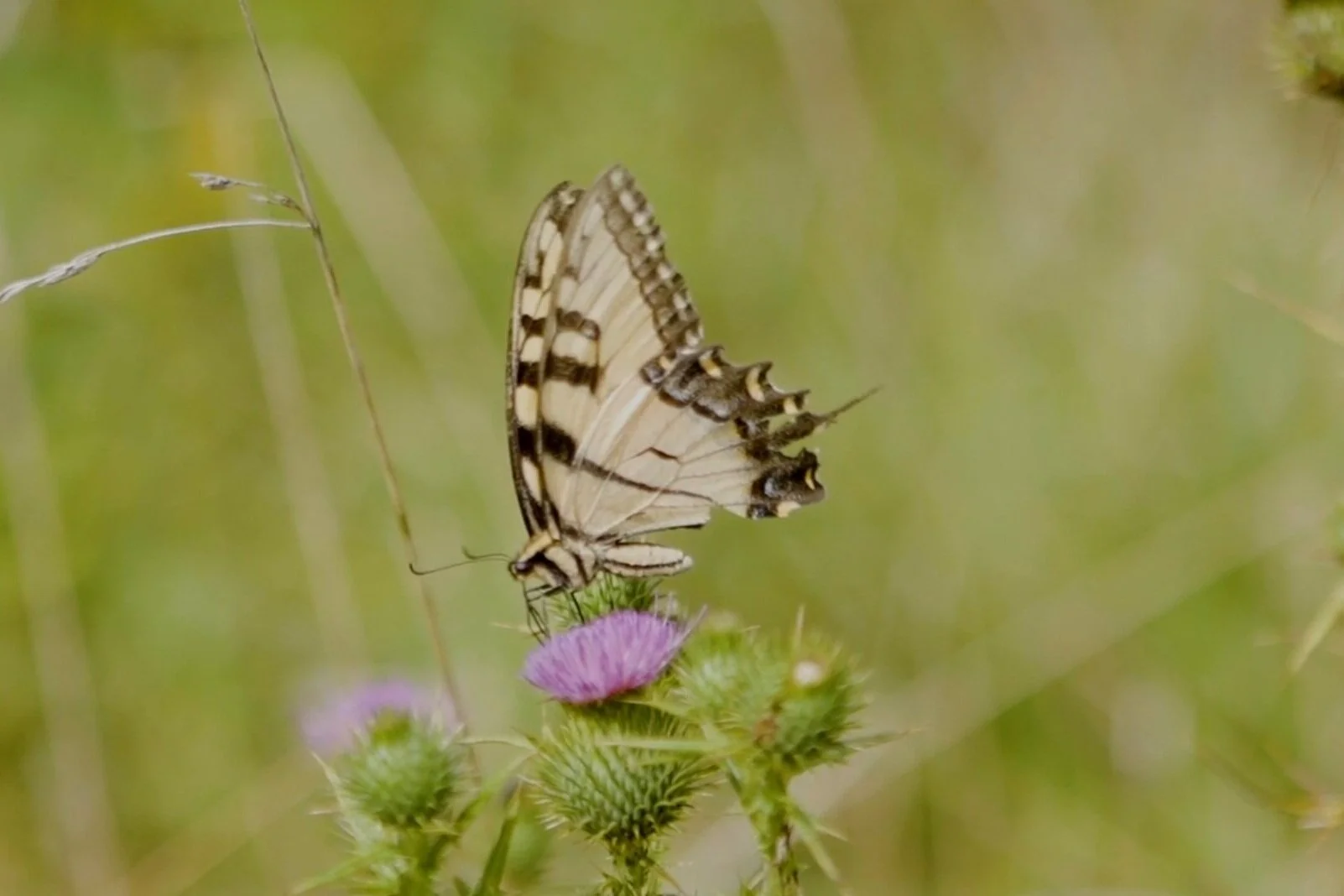To develop the most ecologically-beneficial agricultural system possible for our given ecosystem our food production must improve water quality and increase the food sources and habitat for wildlife. We want to be a shining example of how human beings can reintegrate and reinvigorate the ecosystems that have made it possible for humans and wildlife to persist and thrive for millennia.
Our research is focused on three primary components: Ecosystem Services, Agriculture, and Community Cooperation & Resilience.
Our Research
ecosystem services
Ecosystem Services research is focused on:
WATER is the single-most important consideration for the future of agriculture and the stability of communities around the world. We are designing and observing some of the most cutting-edge water management systems for agriculture and ecosystem restoration through long-term water temperature studies and long-term water and soil contamination studies.
WILDLIFE AND BIODIVERSITY of that wildlife is the key indicator of ecosystem health and resilience. We focus on providing a diversity of wild, native food sources and riparian planting to reduce crop damage and restore habitats for species that can no longer thrive in our manufactured landscapes. Our research includes long-term entomology studies and long-term ornithology studies.
Agriculture Research is focused on:
DIVERSITY: we are testing the viability of as many species of edible, medicinal
and otherwise ecologically-beneficial plants and other organisms.
INTEGRATED PEST MANAGEMENT: we are developing natural methods of pest control on our property, minimizing harmful effects to humans and landscapes and increasing natural ecosystem resilience.
BIONUTRIENT DENSITY: our planting and harvesting are focused on obtaining the most nutrient-dense foods possible.
agriculture
community cooperation
&
resilience
Community Cooperation & Resilience Research is focused on:
MARKET DEVELOPMENT: helping to develop markets for food products that are less common and/or rare to encourage farmers in any given region to diversify their production. Increasing diversity in crops means growing more crops that are better adaptable to climactic irregularities and pest/disease pressures, growing the resiliency and empowering regional ecosystems.
COOPERATION: Developing models for community resilience by helping farmers work together to produce the healthiest food possible, reduce financial leveraging, and to eliminate the epidemics of farm loss and farmer suicide. Methods include staggered harvesting and equipment sharing.
Want to learn more?
The REED Center is actively seeking entities to partner with for research support, funding, and execution. Educational institutions, governmental or non-governmental bodies, private institutions, and citizen scientists are all welcome. Please direct partnership inquiries to info@thereedcenter.org.




